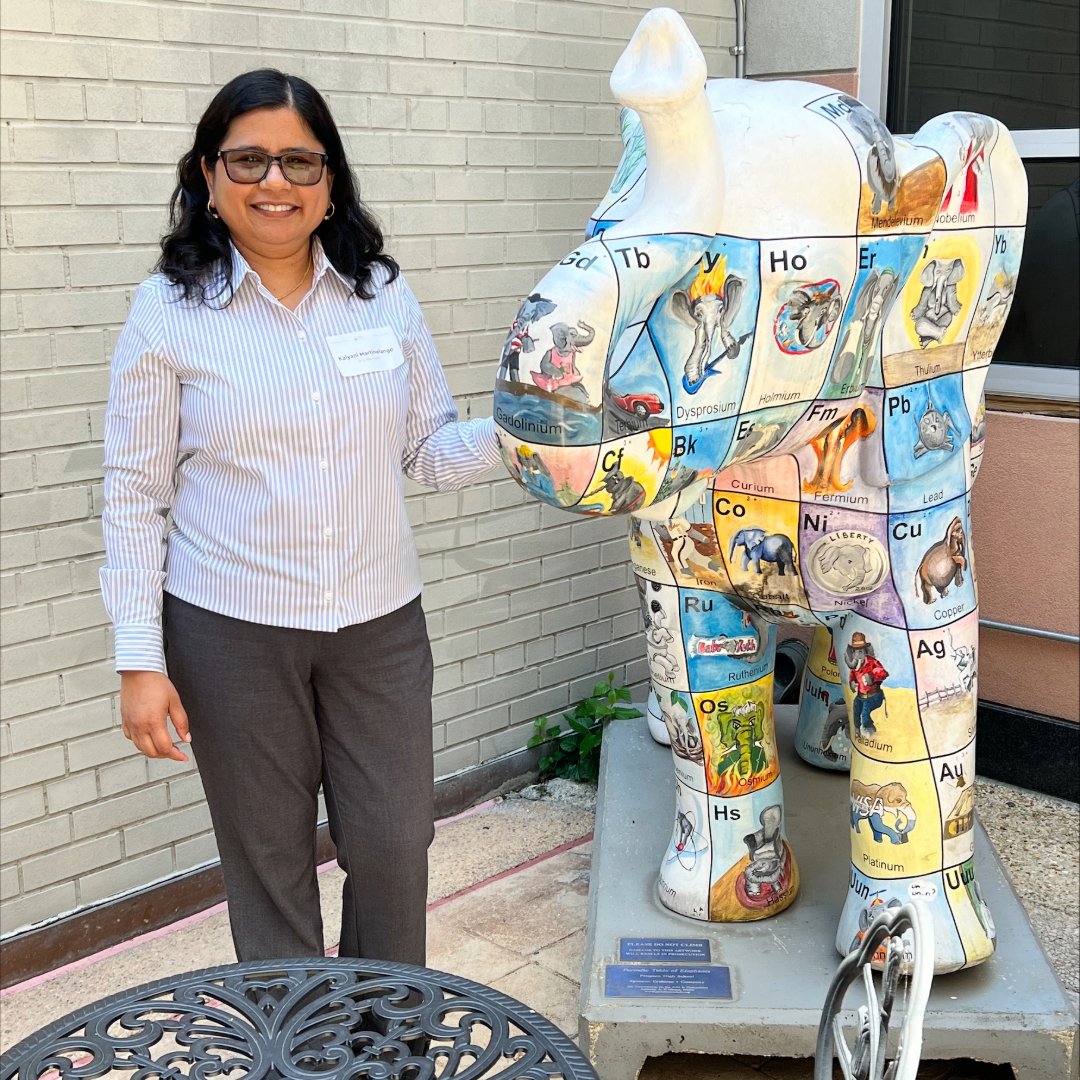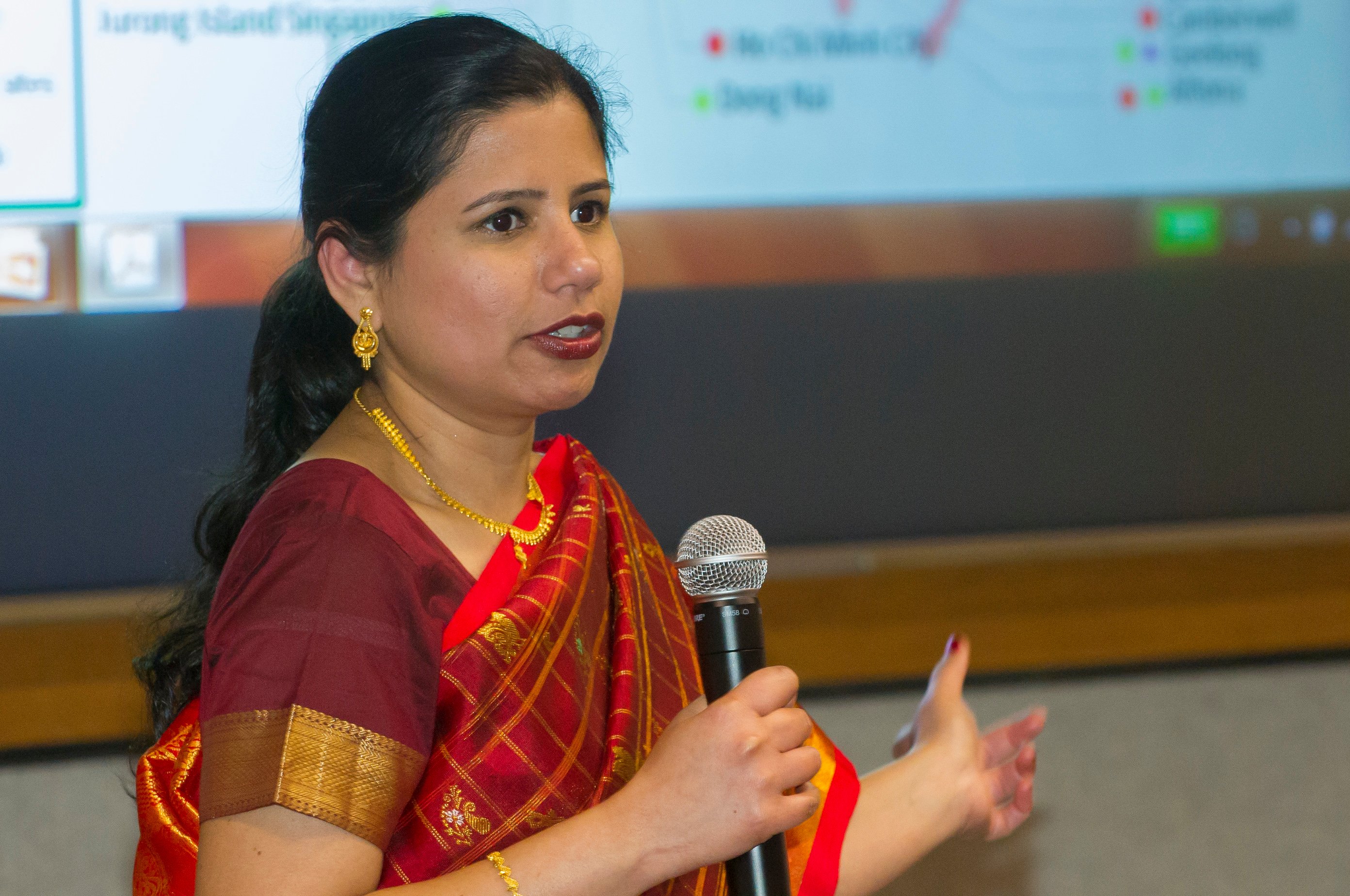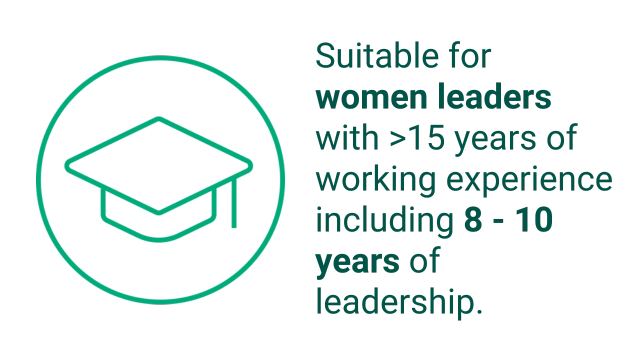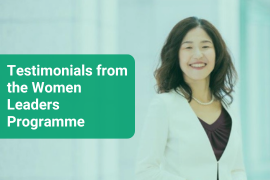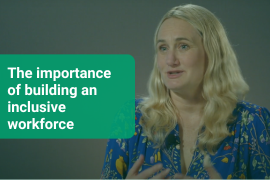Senior leaders play a crucial role in fostering an inclusive environment by identifying and mitigating gender biases to support women’s career advancement.
Despite her professional achievements, she was expected to conform to traditional expectations of a submissive wife at home, which contrasted with her research on women's rights in India.
Growing up in a patriarchal society, my early life and values were significantly shaped by my parents' views. I pursued a degree in Chemical Technology with a specialisation in Leather Technology at Anna University, graduating at the top of my class. However, I encountered challenges finding a job in the male-dominated industry and, when I did, I felt alienated and discriminated against as the only woman on the professional staff.
What role do senior leaders play in fostering an inclusive environment that empowers women?
Senior leaders play a crucial role in fostering an inclusive environment by identifying and mitigating gender biases to support women’s career advancement.
They should be open to diverse perspectives and make decisions that promote equality.
Leaders should serve as sponsors and advocates for aspiring women leaders to support their continued growth and development.
How have you used your influence to support other women in achieving more in their careers?
Throughout my career, I have been passionate about people and Inclusion & Diversity, which has led me to actively engage in Dow’s Asian Employee Resource Group. In this group, I held various roles and ultimately served as the Global Chair of the ERG, which consists of over 5,000 participants and more than 23 chapters.
During my tenure as the global chair, I gathered data on the percentage of Asian women at different organisational levels to demonstrate the need for a targeted sponsorship program. In 2021, I championed the launch of a Sponsorship Program, with 20 participants, aimed at advancing Asian employees from mid-level management to Director positions and beyond.
The program was highly successful - 60% of the participants got promotions and/or expanded roles, 95% stayed with Dow, and 95% said that their sponsor equipped them with skills critical for the next level.
What tangible steps can organisations take to create a culture of equality at the leadership level?
Organisations can take several tangible steps to create a culture of equality at the leadership level:
- Promote people-centric leadership: Encourage leaders to demonstrate humility, listen to diverse perspectives, and make decisions that advance equality.
- Provide mentorship and sponsorship: Establish sponsorship programs where senior leaders can support and advocate for women in their career growth.
- Foster an inclusive work environment: Create policies and practices that promote diversity and inclusion, ensuring that everyone feels valued and empowered.
- Recognise and reward inclusive behaviour: Acknowledge and reward leaders who actively promote and support diversity and inclusion within the organisation.
What advice would you give to those looking to champion women’s leadership in their organisations?
Encourage women to step outside of their comfort zone by embracing opportunities that challenge them and push their boundaries to help them grow and develop as effective leaders.
Support and mentor women, providing guidance and encouragement to help them achieve their goals.
They will find this very rewarding and fulfilling.
Promote a culture of inclusion by fostering an environment where everyone feels valued and empowered, and where diverse perspectives are welcomed and respected.Lead by example and demonstrate the qualities of an inclusive leader (trust, integrity, resilience, and humility) and inspire others to do the same.
More information about the programme Kalyani attended:
INSEAD's Women Leaders Programme creates a unique forum where senior women leaders can address unique challenges they encounter, enhance their leadership impact and achieve lasting personal and professional growth.
Programme benefits



